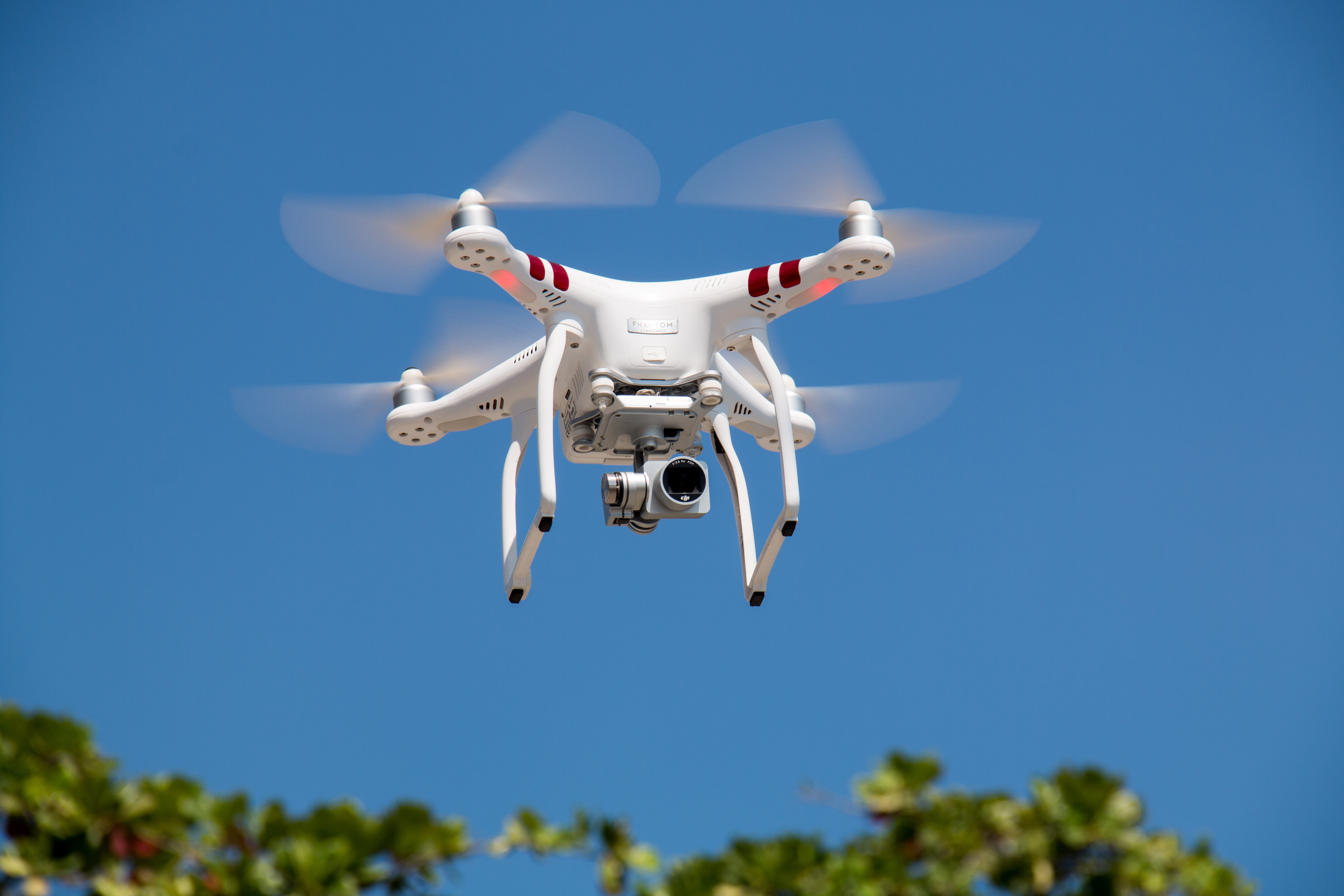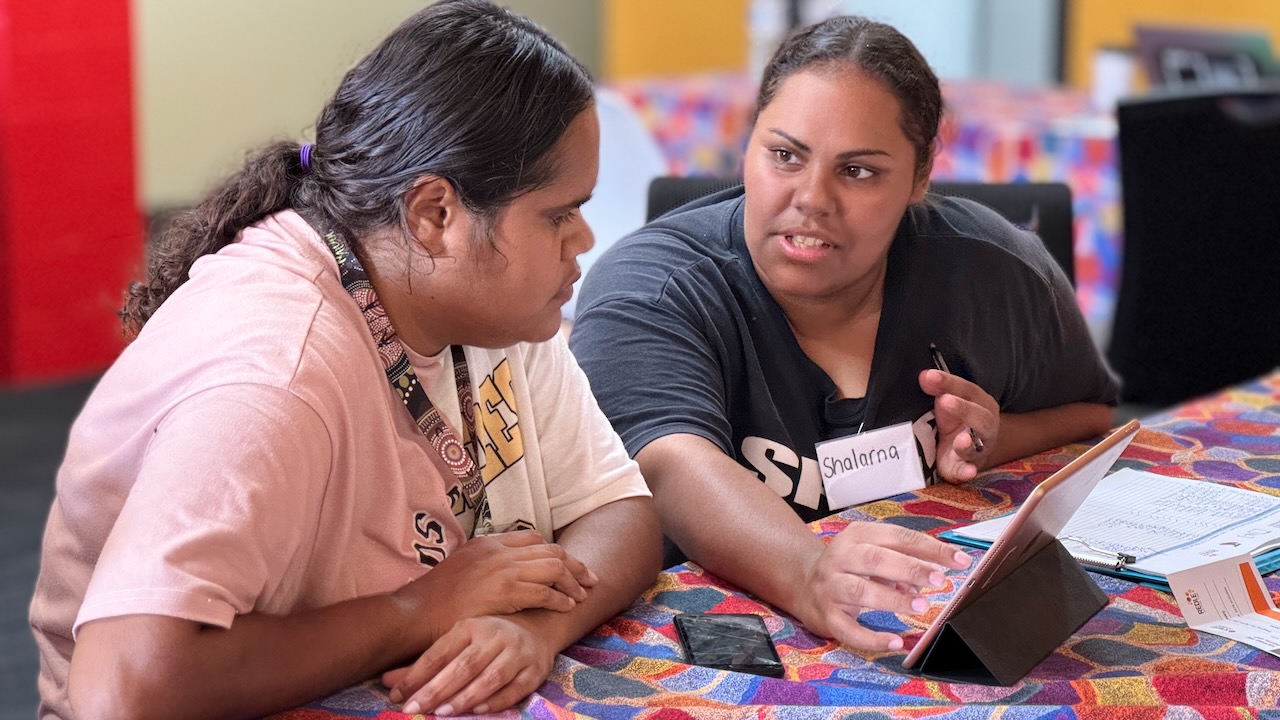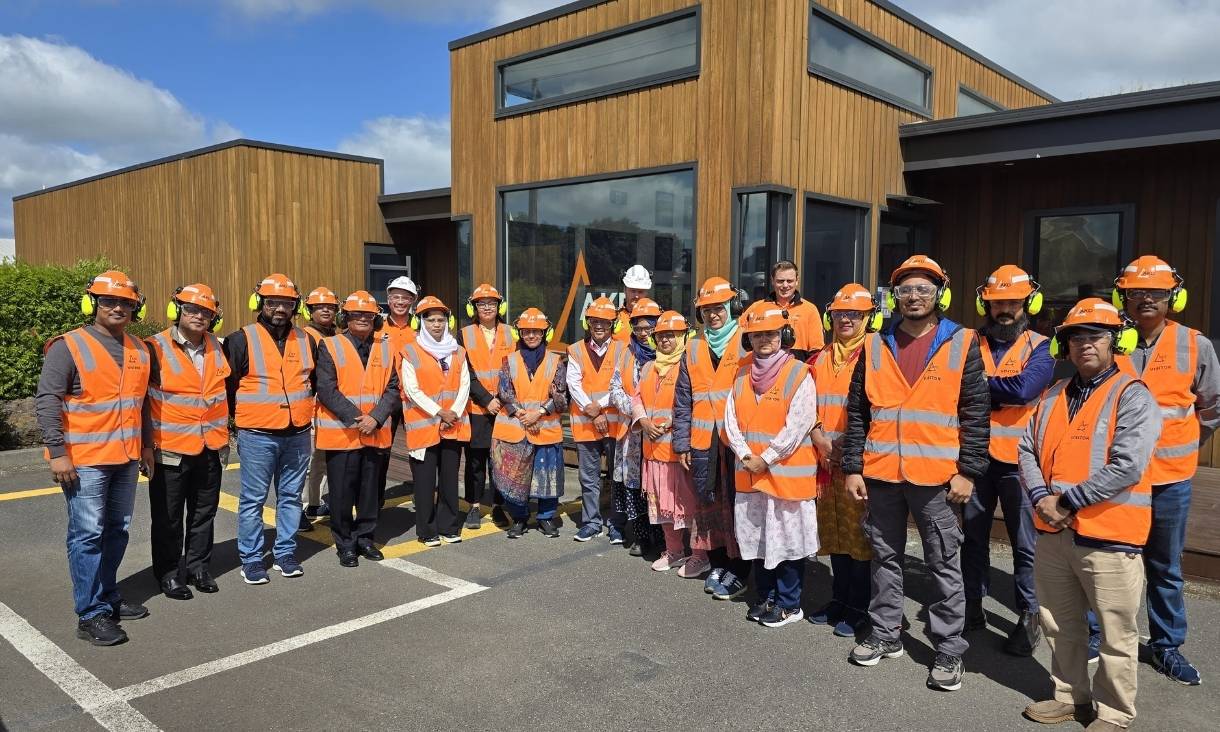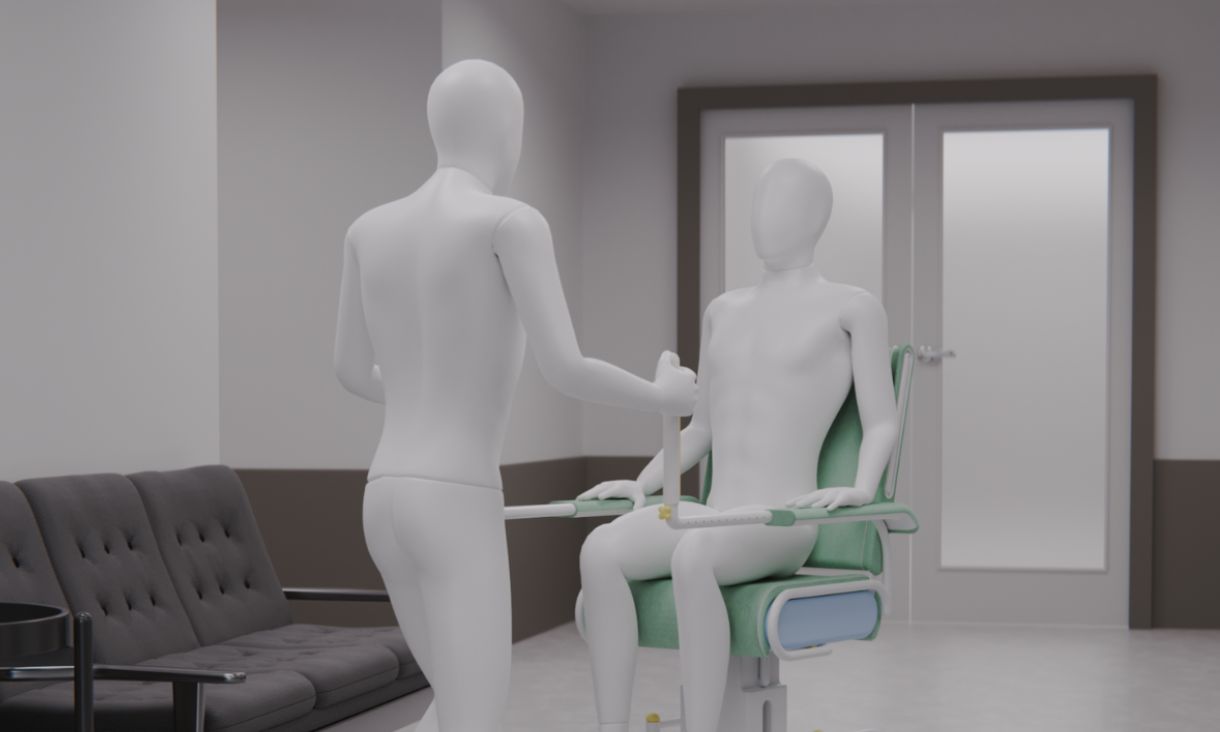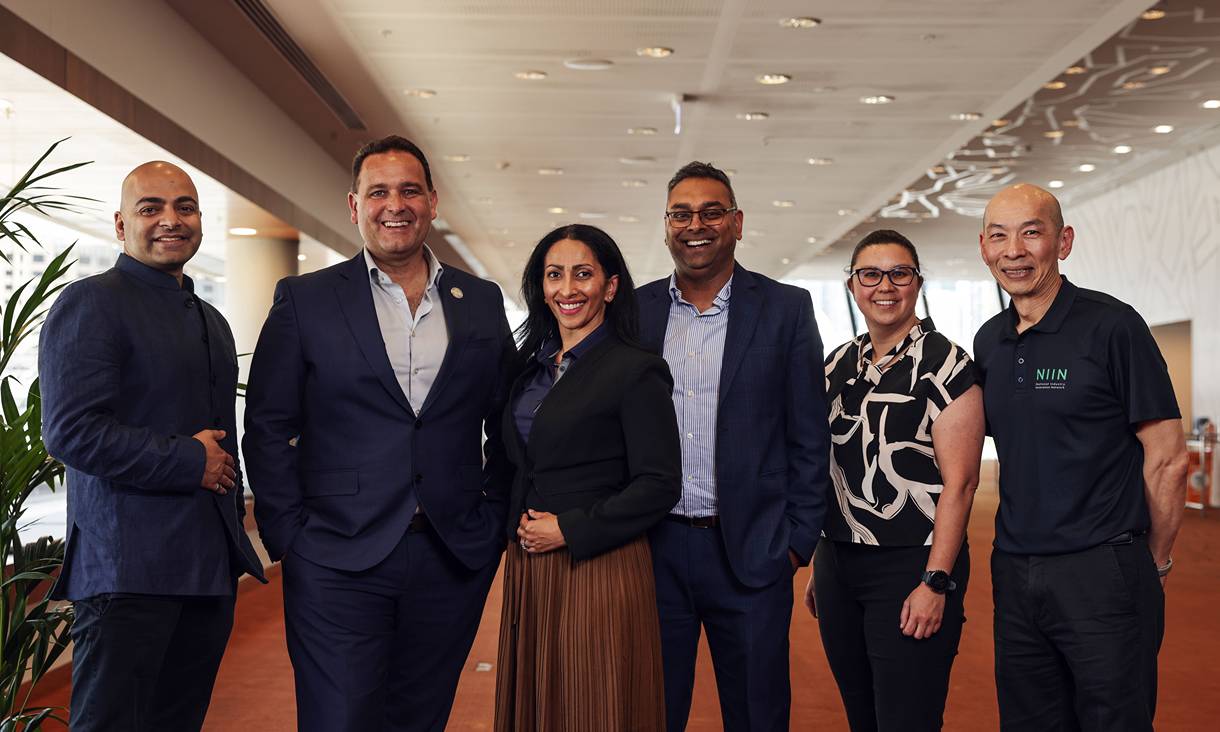Drone technology
Dr Matthew Marino (0403 159 470 or matthew.marino@rmit.edu.au)
Topics: drones, drone technology, drone operations, drone regulations in Australia
“The drones currently used by police provide a fast and effective means of surveying a large area. The drone cameras allow for long-range zooming and have the ability to provide additional capabilities to identify facial features and number plates.
“Some are capable of 10 times optical zoom, so they can capture greater image detail from locations far away. In some cases, a drone flying at a distance away has the capability to see inside a house through the windows without issue.
“The police force has all the required approvals to fly at various locations in and around Melbourne so there is a good chance that if you see a drone flying on Grand Final Day there will be a police officer behind the controls seeking out rule-breakers.”
Dr Matthew Marino is an aerospace engineer and co-leader of the Unmanned Aircraft Systems Research Team at RMIT. He is an expert in drone technology and operations and has had numerous research publications and industry collaborations in these areas.
Pandemic drones
Dr Marietta Martinovic (0414 488 840 or Marietta.martinovic@rmit.edu.au)
Topics: electronic monitoring; home detention; tagging; GPS technology; RF technology; crime statistics; recidivism; re-offending; sex offenders
“Today's announcement about the police using drones to monitor AFL fans doing the right thing and complying with not having parties at home is a very sound.
“It was reported today as a deterrent for people who were contemplating doing the wrong thing. Hopefully, they will now do the right thing and follow the law.
"Drones have been routinely used in the US by public agencies to monitor public spaces during the pandemic"
“However, even more interesting is the idea of 'pandemic drones' which are being explored in a few places around the world. These are being developed to mass track people and their health.
“Software is under development in Australia in conjunction with a Canadian drone manufacturer to use drones to monitor the health of people on a large scale for sneezing, fever and whether appropriately social distancing.
“There are concerns about privacy and data collection... what are going to be the safeguards and how will it be rolled out?”
Dr Marietta Martinovic is a Senior Lecturer in Criminology and Justice in the School of Global, Urban and Social Studies at RMIT University. She has also consulted governments, nationally and internationally, about developing relevant electronic monitoring legislation, enhancing the operational aspects of electronic monitoring application, and setting up an ongoing evaluation framework and improvement process.
Civil liberties
Dr Adam Fletcher (03 9925 5230 (forwards to mobile) or adam.fletcher@rmit.edu.au)
Topics: Victoria Police, human rights, Grand Final, police powers, emergency powers, drones, privacy
“It has been reported that Victoria Police is planning to use extraordinary measures such as drones and helicopters to monitor parties on Grand Final day.
“Clearly 2020 is an unusual year, and Victoria in particular has been in a state of emergency since March, due to a second wave of COVID infections.
“However, there have been a lot of questions about human rights and proportionality of Government responses to the COVID crisis.
“Unlike the Australian federal jurisdiction, Victoria has a Charter of Rights, section 13 of which protects our privacy. The kind of intrusive surveillance mooted by Victoria Police would certainly constitute a limitation on this right.
“The Charter allows rights to be limited as long as the limitations are proportionate to the aim to be achieved by the Government, and in the absence of a less restrictive way to achieve the same aim.
“Deploying helicopters and particularly menacing drones over people’s backyards seems like a measure from dystopian fiction – indeed, the 2019 Australian near-future TV series The Commons featured such police drones and now seems eerily prescient.
“However, Melbourne has suffered through a very significant wave of COVID-19 infections since March and has only just managed to suppress that wave.
“As such, it may well be justified under human rights law to take harsh measures to prevent a resurgence of infection.
“Many of our human rights may legitimately be limited by governments during times of emergency. They key is to make sure that such limitations do not become the new baseline, and that we demand due respect for rights such as privacy and freedom of movement once the emergency is no longer pressing.”
Dr Adam Fletcher is a Lecturer in the Graduate School of Business and Law, and a theme leader in the Business and Human Rights Centre (BHRIGHT). He is currently researching Government use of technology such as automated decision-making and facial recognition. Adam has also worked as a legal adviser to the Australian Government and in the NGO sector.
***
For media enquiries, please contact RMIT Communications: 0439 704 077 or news@rmit.edu.au

